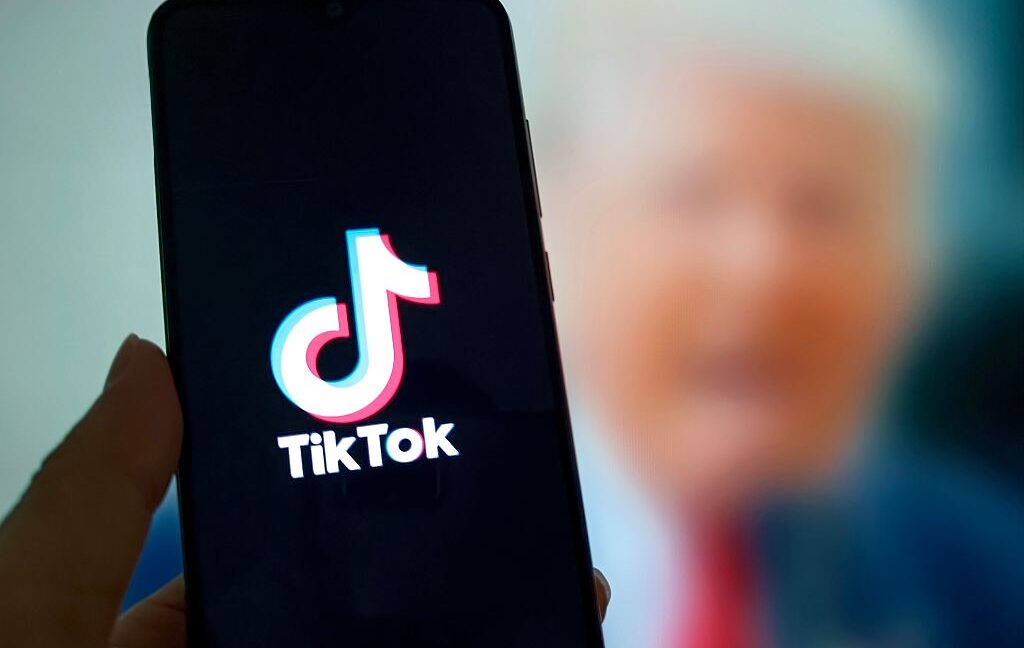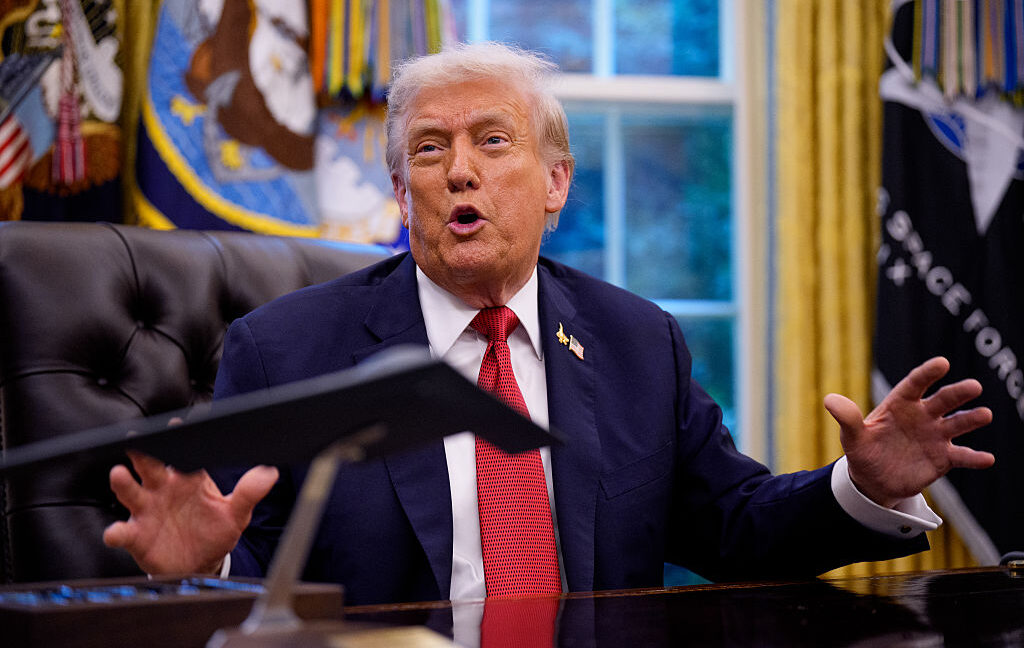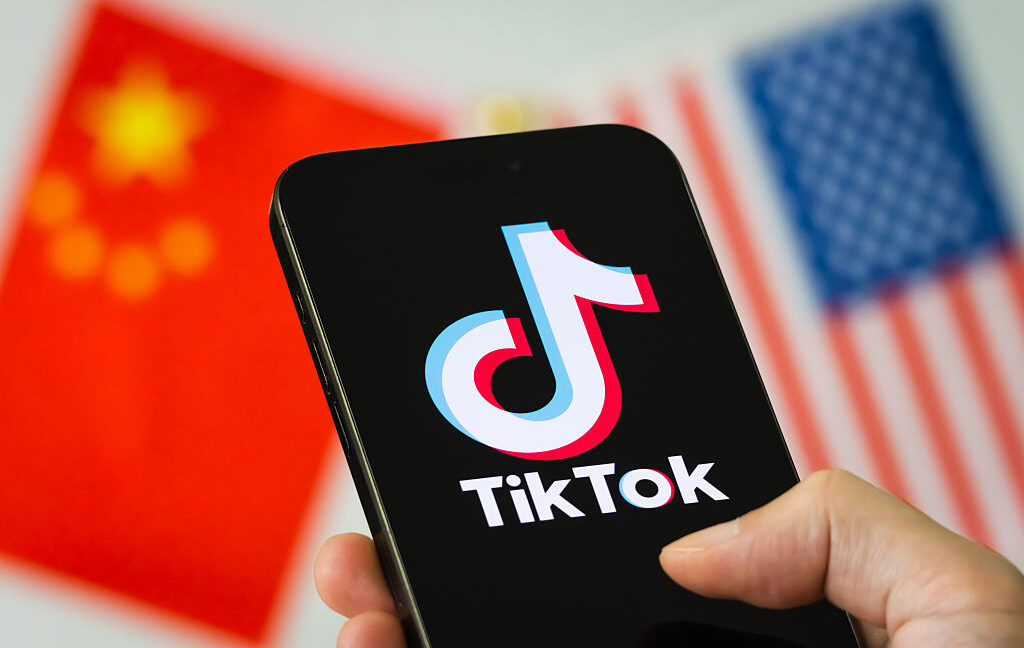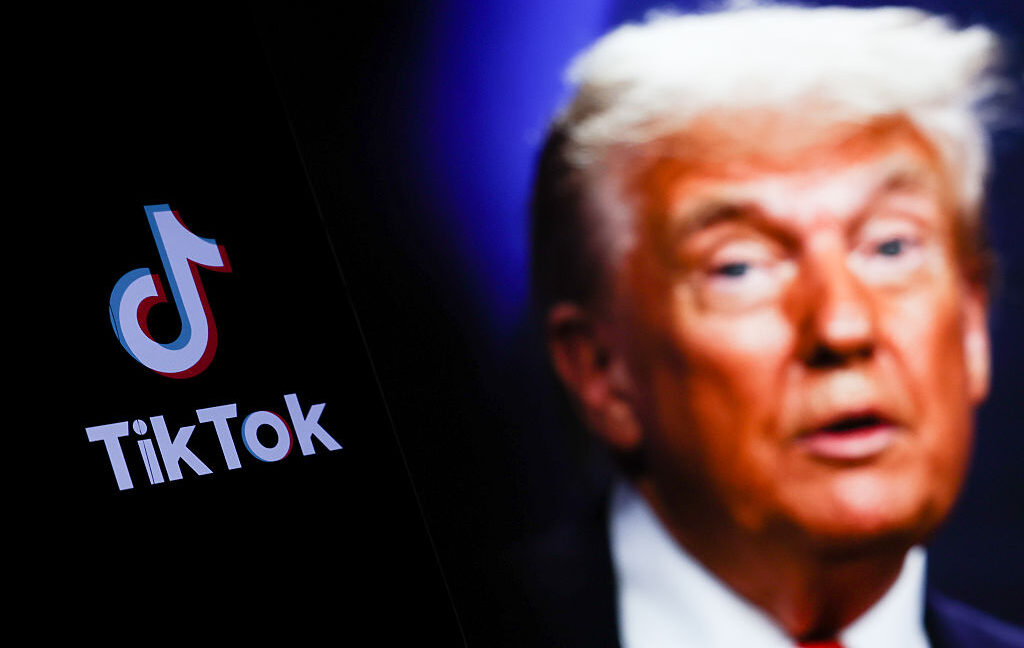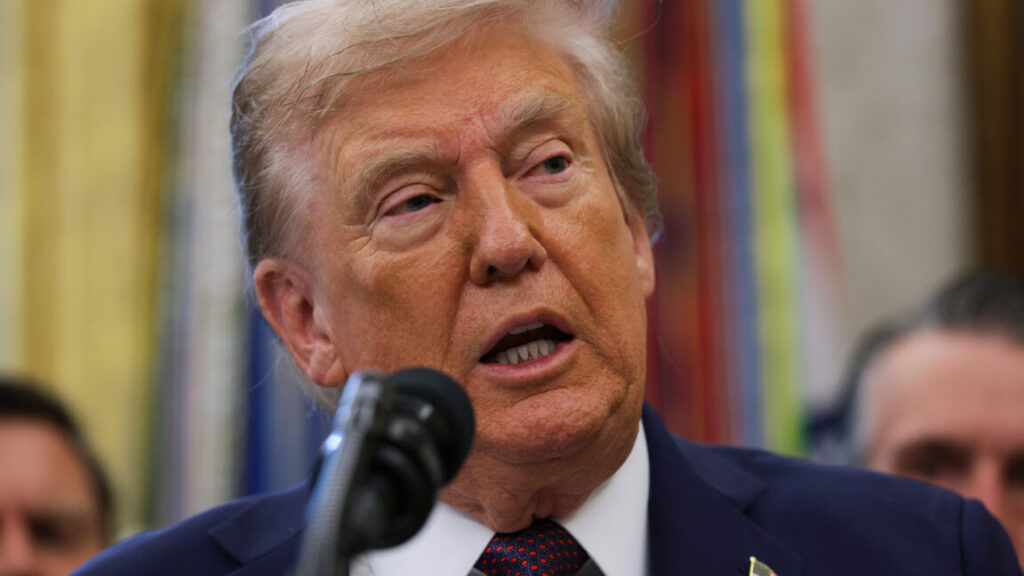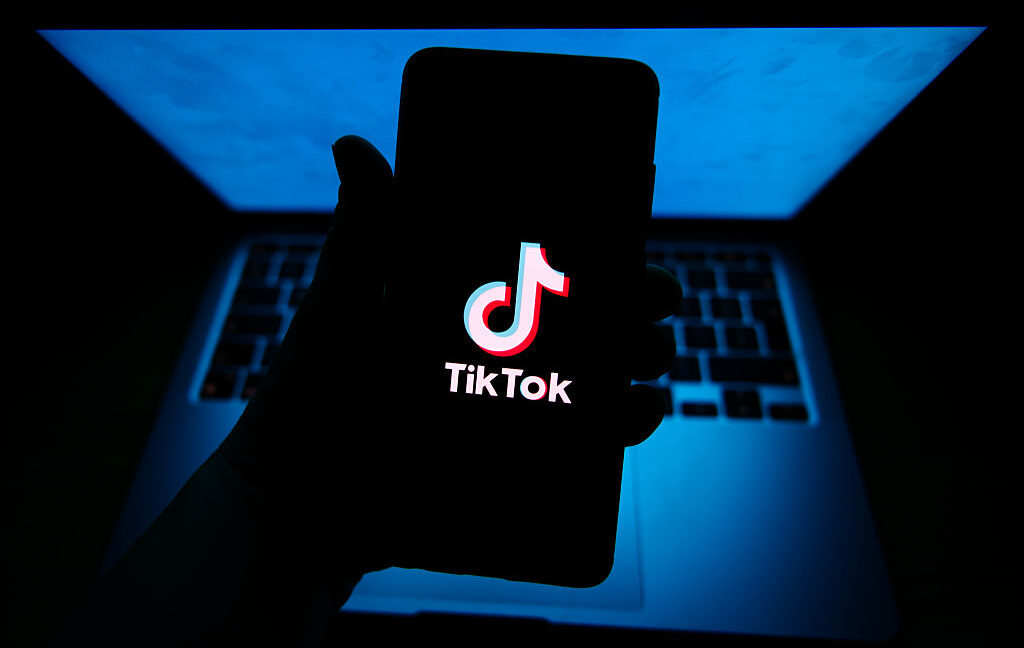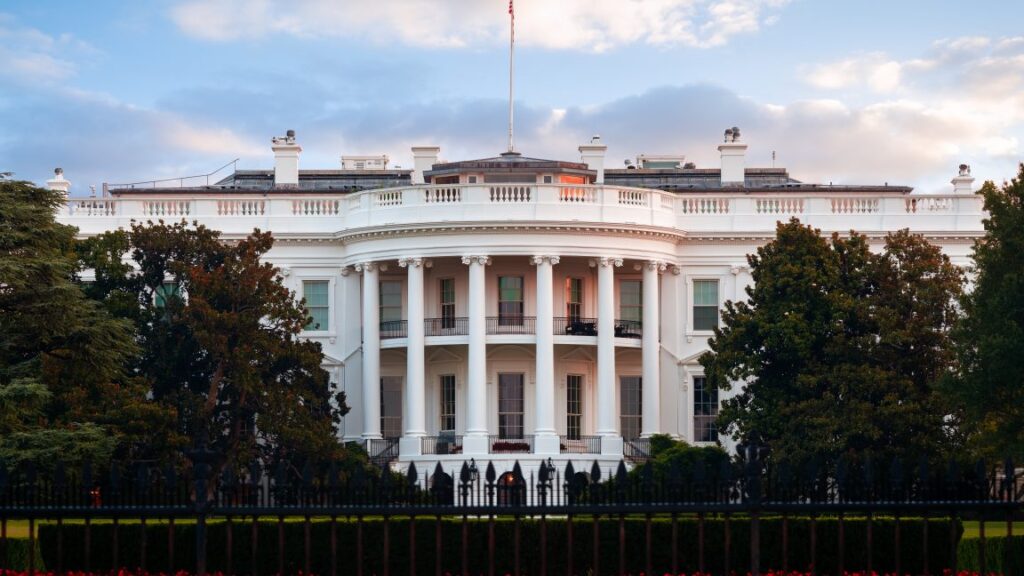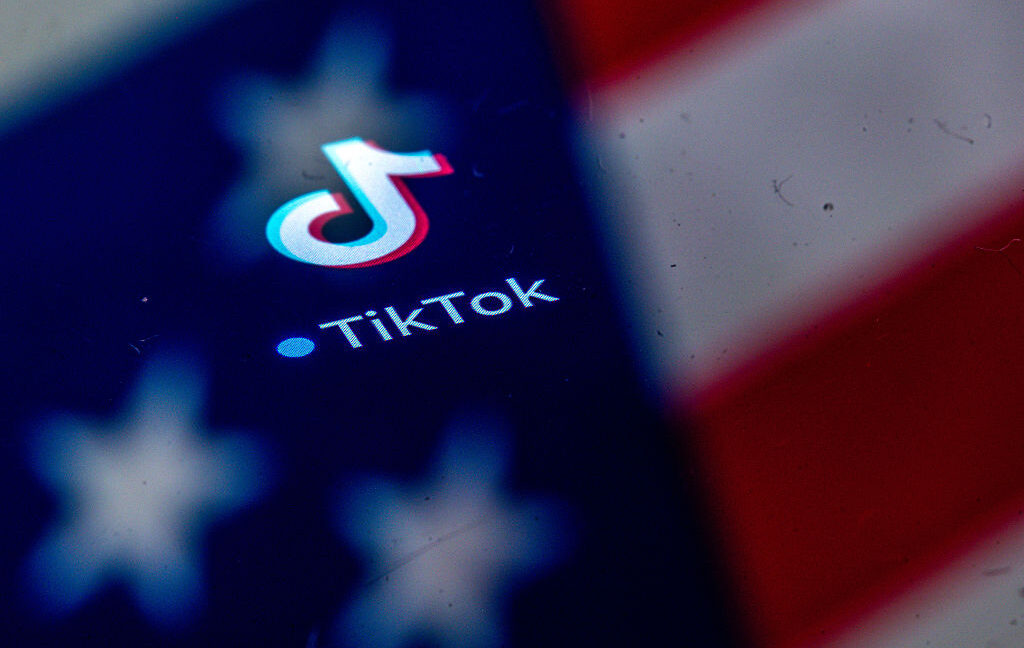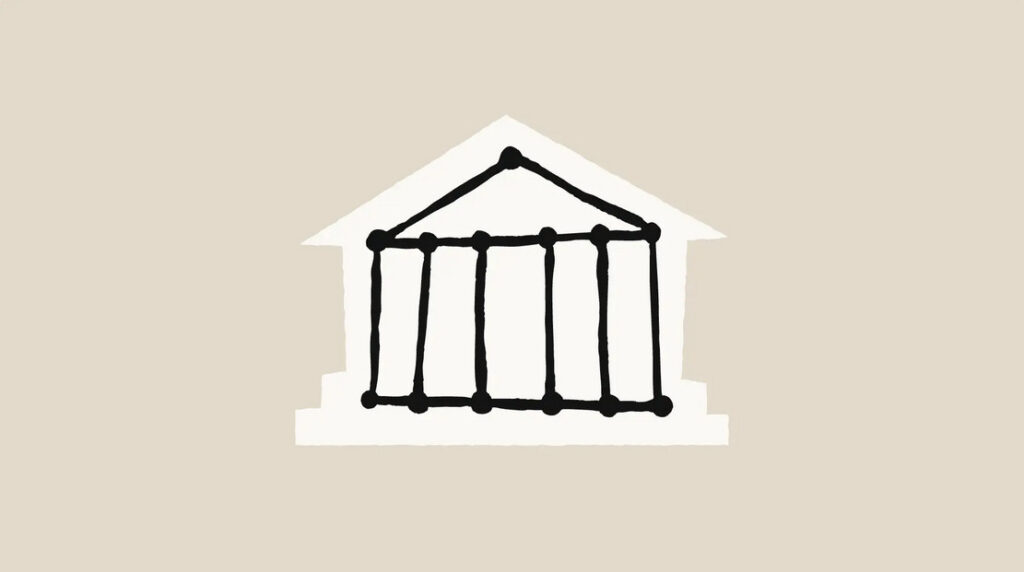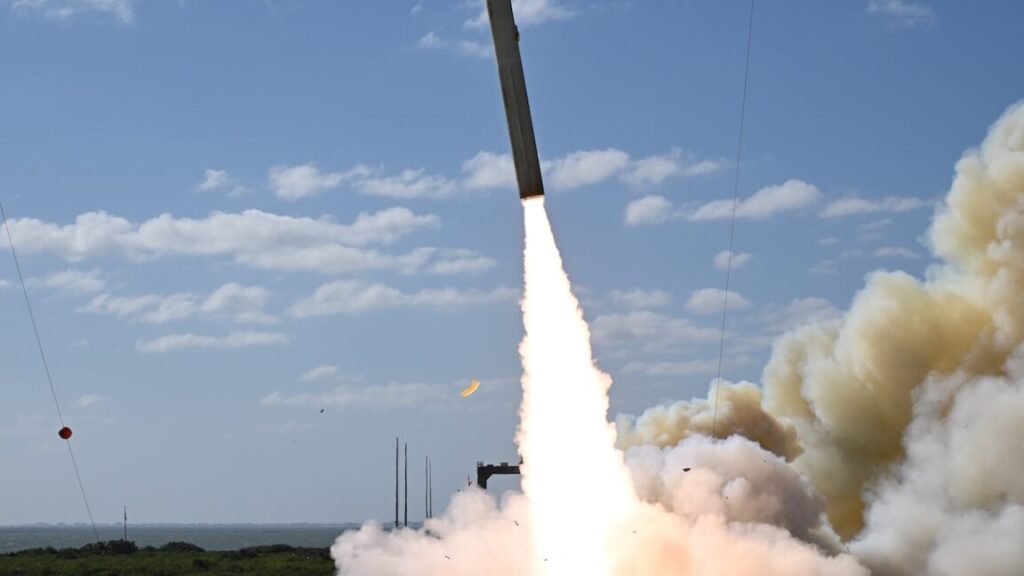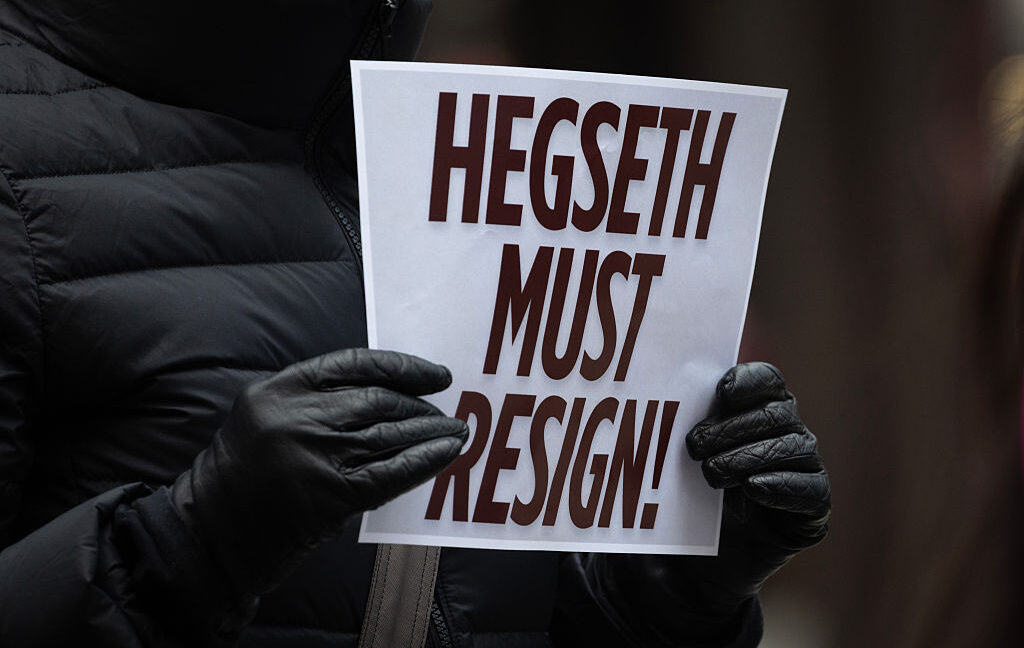ByteDance confirms TikTok will be controlled by US owners
According to Trump, the deal ensures that TikTok complies with the divest-or-ban law, but the White House is still not providing more details. Instead, the Trump administration “referred questions about the deal to TikTok,” Reuters reported.
If the deal closes as expected on January 22, the new US company will have an estimated value of $14 billion, Vice President JD Vance noted in September.
At that point, the deal will likely face mounting scrutiny from lawmakers, including Republicans, who aren’t yet sure if the US operation resolves all national security concerns. Chinese control of the algorithm was a particular sticking point for critics, who claimed that Trump was giving China exactly what it wanted: international recognition for exporting leading technology to the US.
In September, Sen. Chuck Grassley (R.-Iowa) vowed to take a “hard line” and oppose the deal’s framework if it violates the divest-or-ban law. Already, Representative John Moolenaar (R-Mich.), chair of the House Select Committee on China, is planning to hold a hearing next year with US TikTok leadership.
Sen. Elizabeth Warren (D-Mass.) has accused Trump of handing over “even more control of what you watch to his billionaire buddies,” through the TikTok deal, which she likened to enabling a “billionaire takeover of TikTok.” Many TikTokers likely share her concerns, after Trump suggested he’d like to see his hand-picked investors tweak the algorithm to be “100 percent MAGA.”
Questions remain until the exact terms of the deal become public, Warren said.
ByteDance did not respond to Ars’ request to comment.
With the terms obscured, it’s unclear how quickly TikTok may change in 2026 under US ownership. In July, the Information reported that when approximately 170 million US users get ported over to the new US-owned app, it could be buggy.
ByteDance confirms TikTok will be controlled by US owners Read More »
